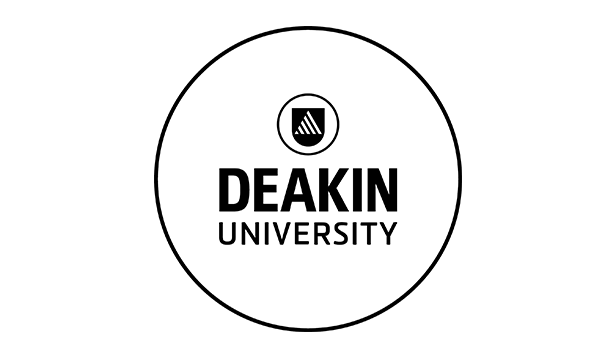AU18 Bachelor of Electrical and Electronics Engineering (Honours) Deakin University
-
THÔNG TIN CHUNG
Gain market-ready skills when you study electrical and electronics engineering, including renewables and alternative energy generation, and the role of energy production in climate change. You’ll get hands-on experience and theoretical knowledge to tackle energy production in a changing world with Deakin’s Bachelor of Electrical and Electronics Engineering (Honours).
Want to change the future of renewable energy and have a tangible impact on climate change?
Covering the broad areas of electrical and electronics engineering disciplines, this course gives you in-demand skills to pursue a range of careers. You’ll use industry standard tools in world-class facilities and learn from teachers who are active in the industry, so you always have the latest techniques and knowledge at your fingertips.
Study interest areas including:
- renewable power generation
- smart distribution and transmission
- urban, industrial and regional power usage
- energy production and efficiency in climate change
- design of novel electronics devices & control systems.
The design-based approach in this course means you’ll be able to apply the theory you learn to practical, research-based projects. You’ll graduate with the technical ability to create solutions, and the project management and communication skills to execute them successfully.
You’ll also build on your theoretical studies with a minimum of 60 days’ work experience, where you’ll apply what you’ve learned and benefit from the support of industry experts on the job.
Back on campus, access to our $55 million Centre for Advanced Design in Engineering Training (CADET) facility will help to show you how your ideas work in practice. Bring them to life in state-of-the-art labs including:
- 3D printers: one of the two largest 3D printing labs in the southern hemisphere
- design and realisation studios
- Deakin AusNet Services electrical engineering lab
- a digital manufacturing lab
- a materials science corrosion and polymer lab
- a network sensing control lab
- a mechatronics and electronics lab
- a high-voltage lab capable of reaching voltages up to 500kV
- concrete and structural testing facilities
- CNC machining centres.
In addition to traditional theory-based classes, 50 per cent of each trimester is dedicated to learning via team-based projects. You’ll tackle real-world industry problems and research, design, test and evaluate solutions, with the support of an academic.
Our project-oriented design-based learning (PODBL) in collaboration with industry, offers you the chance to apply scientific and engineering principles to solve situational challenges faced by businesses and communities. This real-world application gives you competitive insight into the social, cultural, global, ethical and environmental responsibilities of today’s engineer.
-
CƠ HỘI NGHỀ NGHIỆP
With an international skills shortage in engineering, Deakin’s Bachelor of Electrical and Electronics Engineering (Honours) graduates find themselves with value to contribute across a range of roles, including:
- power engineer
- electrical design engineer
- telecommunications engineer
- industrial engineer
- PLC programmer
- electronic test engineer
- research engineer
- design engineer
- special effects technician
- robotics engineers and technician
- solar cell technician
- clear car engineer
- automotive electrician
- multimedia systems specialist
- renewable energy consultant
- ĐIỀU KIỆN ĐẦU VÀO
- ĐIỀU KIỆN NGÔN NGỮ
- HỌC BỔNG
- ĐỊA ĐIỂM
Tóm tắt
-
Phí ghi danh
0
-
Độ dài khoá học
4 năm
-
Kỳ nhập học
Tháng 3
Tháng 7
Phí Cơ Bản
-
Loại Tiền
-
Học Phí
Trên năm -
Phí Sinh Hoạt
Trên năm -
Tổng






